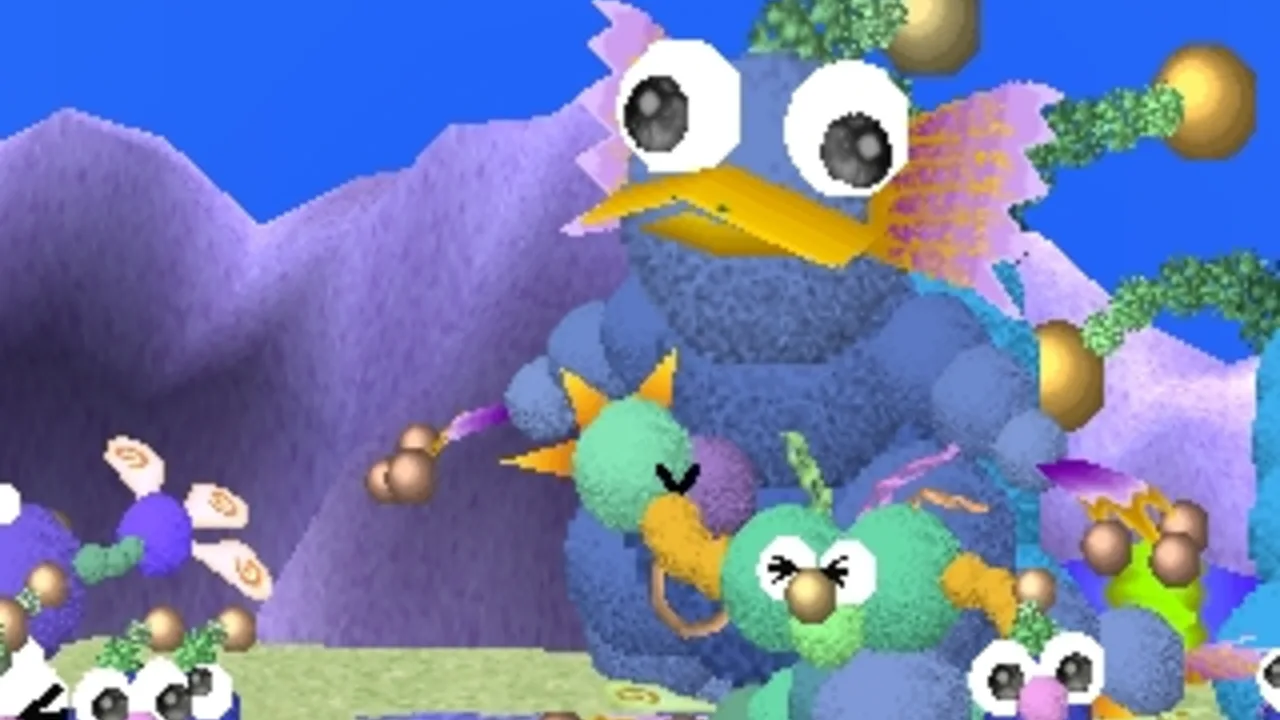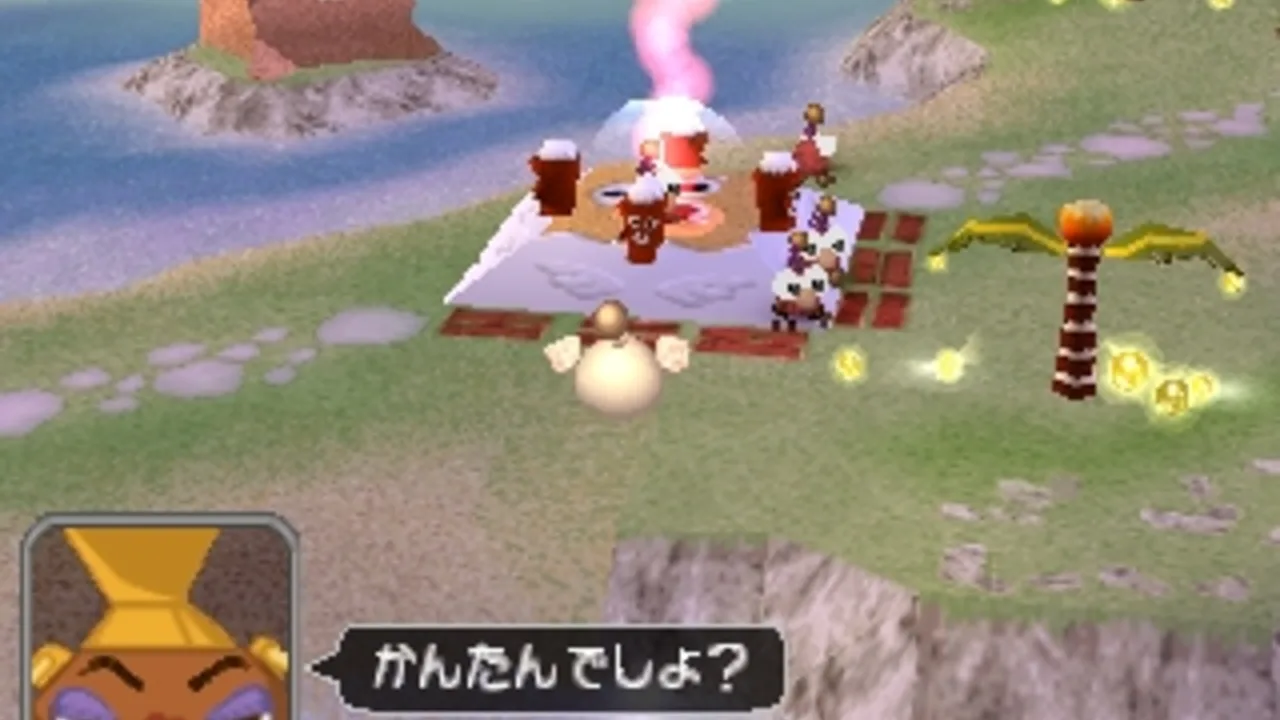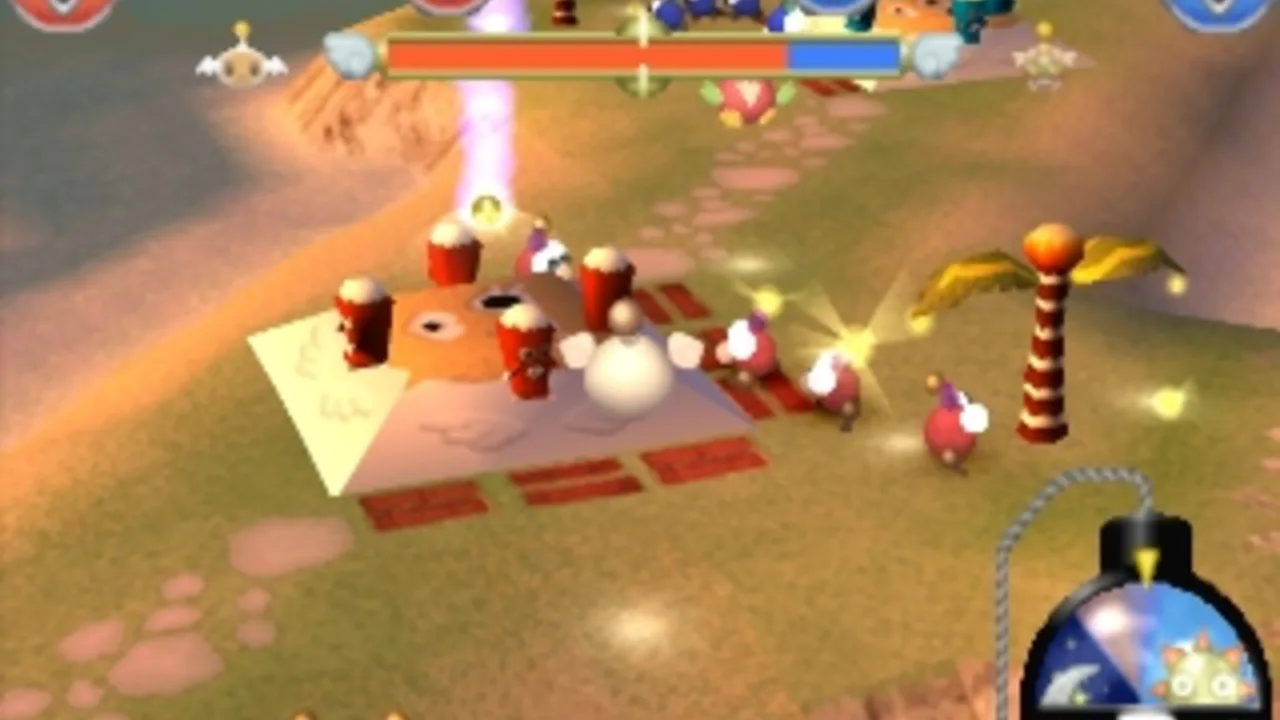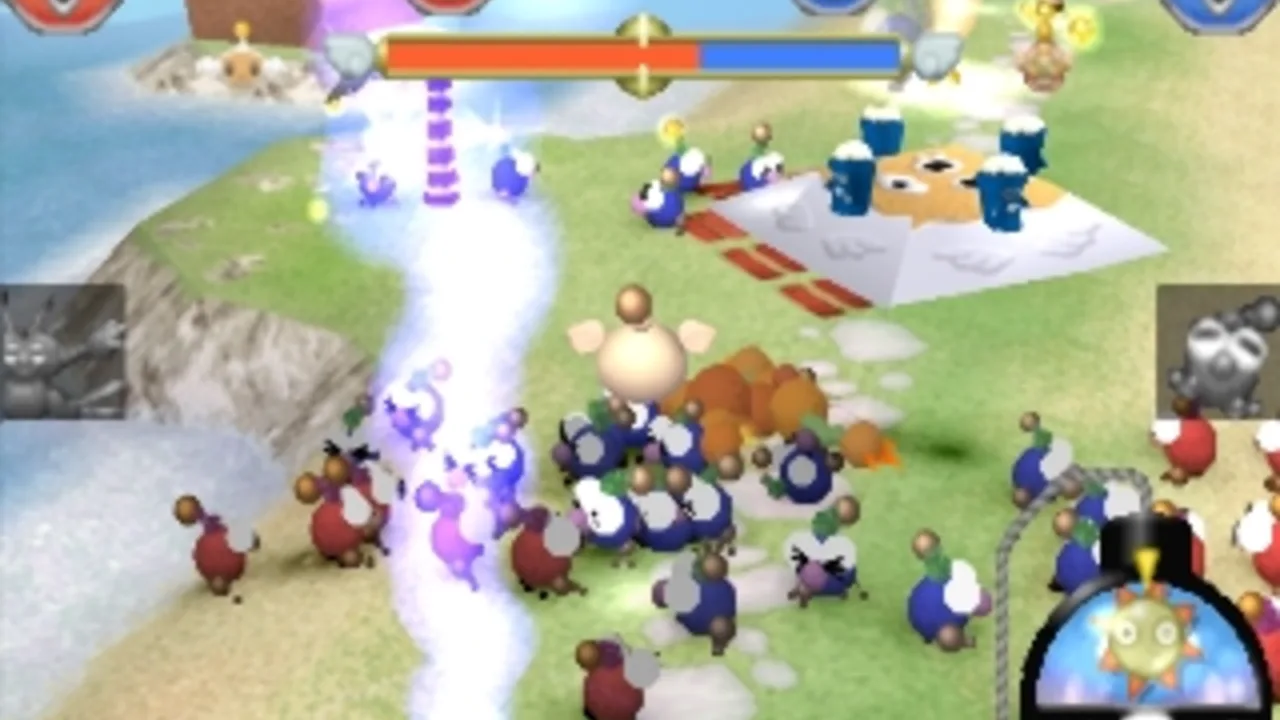Docchi Mecha!
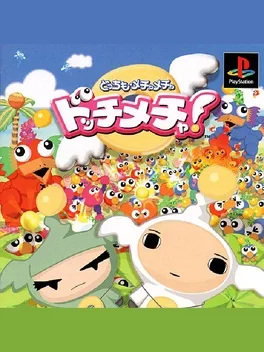
Buy
Could be interesting
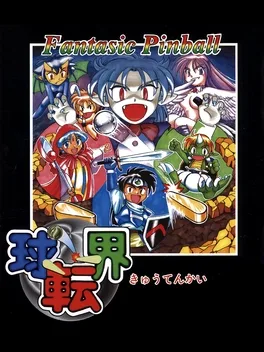
Fantasy-themed Pinball game, which puts the player in control of a trio of heroes out to prevent the Lord of the Underworld from taking over the world. From the same developer as the Devil's Crush port for Sega Genesis/Mega Drive.
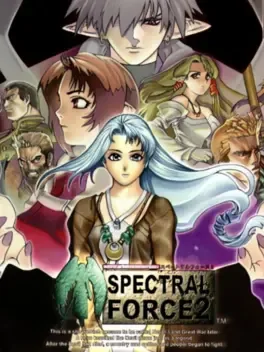
The sequel to Spectral Force is set in a fantasy world called Neverland. The ruler of Demon Kingdom was defeated by the hero Chiffon, leaving behind a son and a daughter, the children of his human wife. The two half-demons strive to regain the lost power. The sister Hiro re-builds the Demon Kingdom, while the brother Jadou finds a way to communicate with our world, and summons a Japanese schoolgirl who soon becomes a mighty warrior under his guidance.
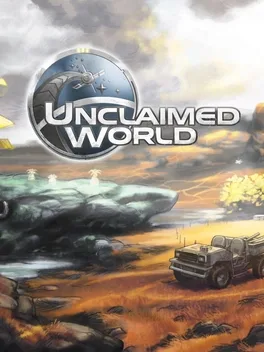
We take the colony sim genre into the near future, onto a lush planet where humans are making their first foothold. Characters and alien wildlife are brought to life through a rigorous simulation and the game plays out as a tug-of-war between humans and nature on a planet full of opportunities and dangers. Understanding the alien environment is crucial - discovered resources and crafting options enable you to adapt when food gets scarce, equipment breaks and alien animals attack.

Suikoden is a Japanese-style role-playing game with several unusual additions. There are three kinds of combat in the game, the most common one being the traditional turn-based party combat (players can have up to six people in their active party). Magic runes can be equipped on the player's characters which allow limited usage of offensive and healing spells. There are also a few army battles, where the player must control whole units of fighters, archers, magicians, etc., and one-on-one fights (duels).
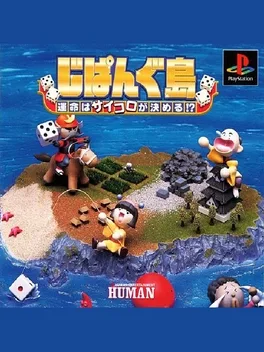
The main object of this history-based simulation board game is to control as many battle positions as possible. Procurement of all necessary resources is ultimately determined by a roll of the dice. Use the resources allotted to you to build roads and castles, or to strengthen your military. Instead of a good war strategy, your management of resources is what actually determines whether you win or lose.
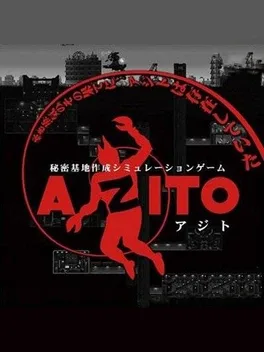
In Azito, the player takes the role of chief commander of a new secret base. Weapons, in the form of Mechs are developed and used to defend the secret base from enemy attacks. The secret base must be protected in order to be completed. The player cannot attack enemy bases, but only intercept the enemy units. As the player chooses their attributes with the help of specialized staff, a variety of weapons can be developed, and the appearance of the base will change depending on what is being developed.
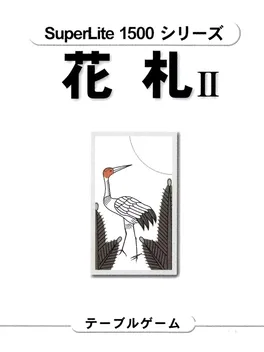
Hanafuda II is a table top card game, developed and published by Success, which was released in Japan in 1999.

Simple 1500 Series vol. 78: The Zero Yon is a street racing game in which the player takes the role of a driver that wants to become the king of king in the street racing, and to do that he will have to compete against other drivers in the town and win the different races to get the best score and be the first one in the ranking. The player can also buy new parts for improve his car (like tires, engine, etc.).
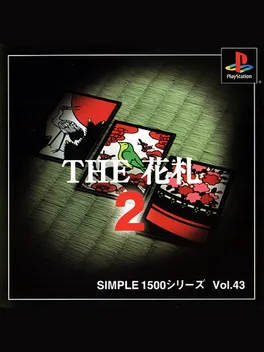
Simple 1500 Series vol. 43: The Hanafuda 2 is the second hanafuda game in the Simple 1500 series and also features a character creation mode in which the player can customize his character appearence (hair, eyes, face, etc) and them compete against different computer opponents in a sort of story mode. The game also has a free mode.

Simple 1500 Series vol.033 - The Takkyuu is a Ping Pong game features 2 characters (boy and a girl) and 2 main game modes: - Story mode: Defeat all the opponents to complete the story - Free mode: Choose an opponent to play against





